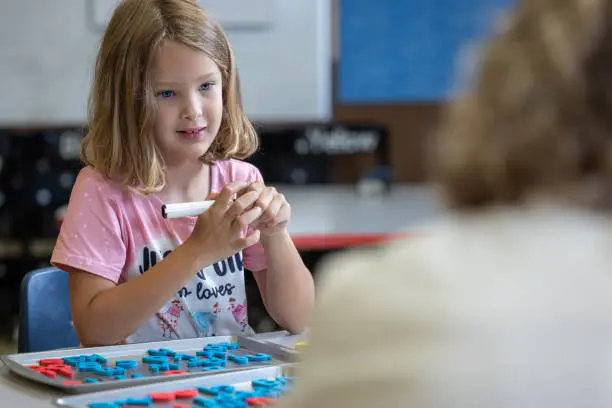
I’m not trying to initiate some deep, philosophical discussion here regarding the education of our elementary school children, but I do have some questions about its trajectory.
When President Kennedy was in office, he suggested that the physical fitness of our school-aged children should be an important part of their education. He established the President’s Council On Youth Fitness, which, in turn, developed a fitness program for young Americans, and a national response was developed through the resources of the federal government. The program produced a measurable improvement in fitness nationwide as well as a shift in public attitudes and wider participation.
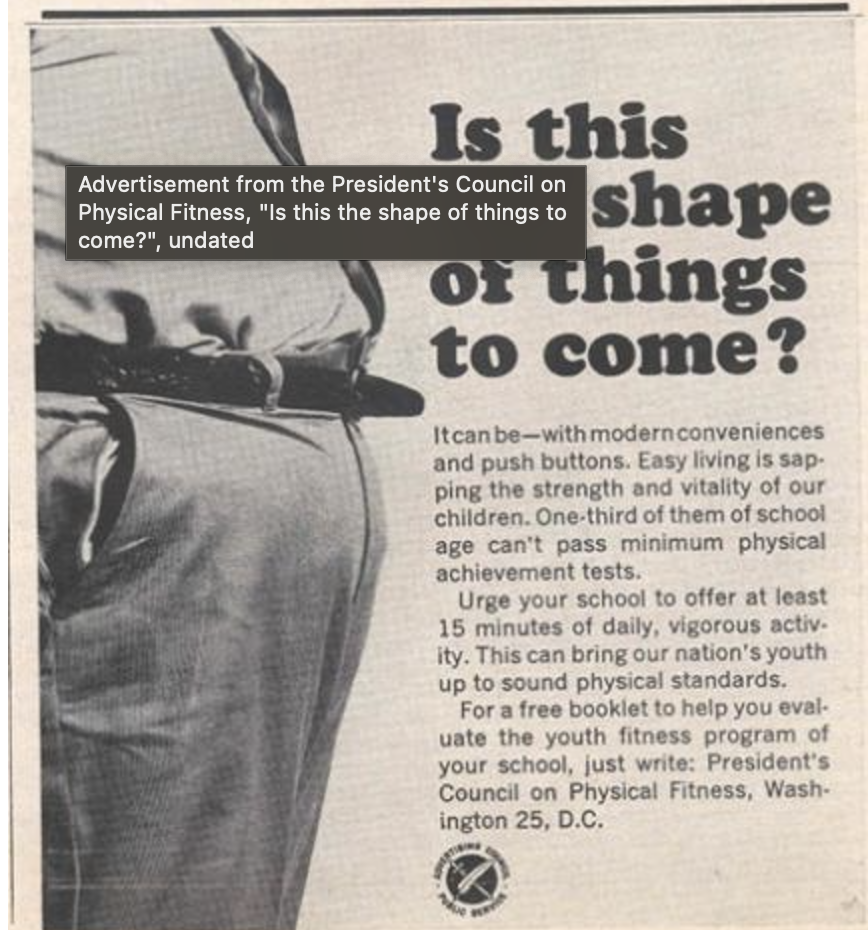
A core group of almost a quarter of a million school children took part in pilot projects in six states. At the end of the year, half again as many students passed a physical fitness test as had a year earlier. Furthermore, there was a general improvement of physical education programs around the country. The program produced a measurable improvement in fitness nationwide as well as a shift in public attitudes and wider participation.
I use this as an example of what can be done with the proper focus—not just on physical fitness but also on other educational areas. A review of the current approach to elementary education in America is to spoon-feed our children with happy stories and very basic skills. An emphasis seems to be placed on creating just the right type of stories to be told, and it appears that among the requirements are colorful illustrations of happy people, a jingle or two, and a cartoon. None of this is real world. Not everyone smiles all day long, nor do adults dress up in goofy costumes, well, most of the time, anyway. I’m unsure why we must create these impressions or coddle our young students. In the examples below, one can see the result of our current focus. This lacks the significance and, therefore, the impact of President Kennedy’s initiative.
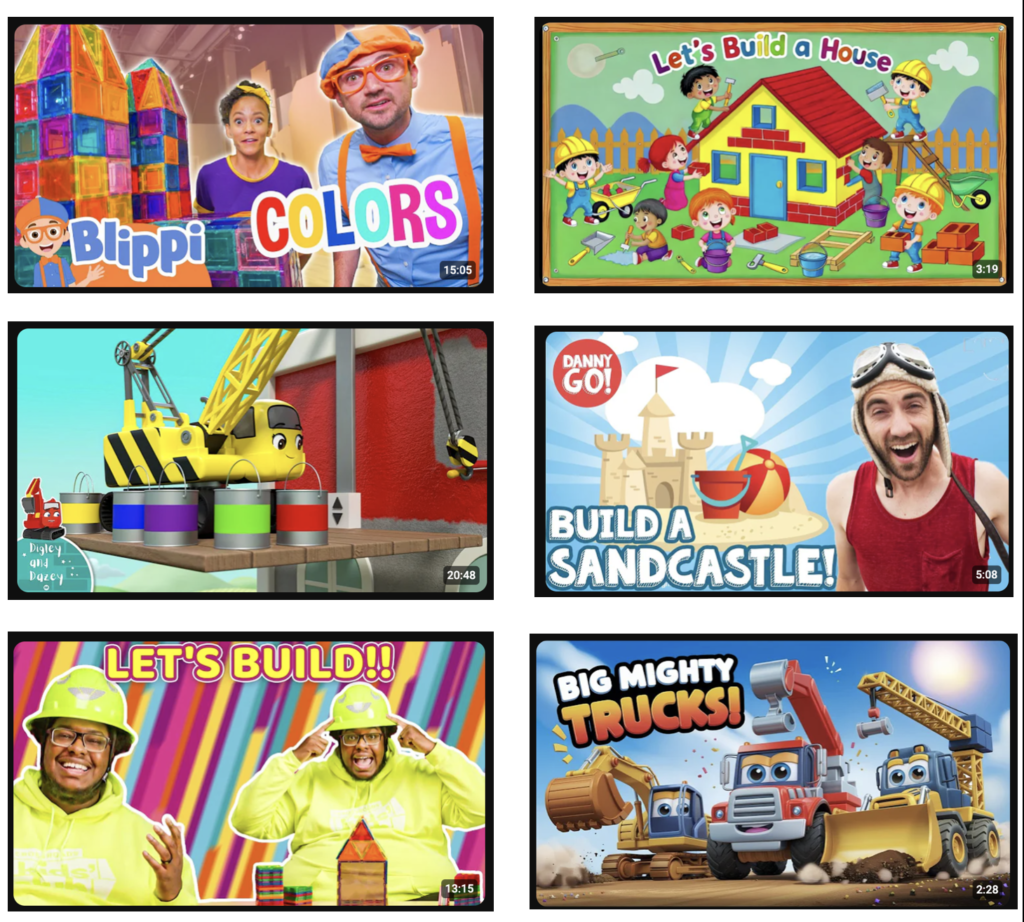
In stark contrast to America’s early educational propaganda, the examples below show what is possible with a different focus. These results are more than possible – they are, in fact, significantly impacting childhood development in other countries. Take a look. All four of these videos combined take less than three minutes to watch.
Do you think American childhood education can have a similar impact?



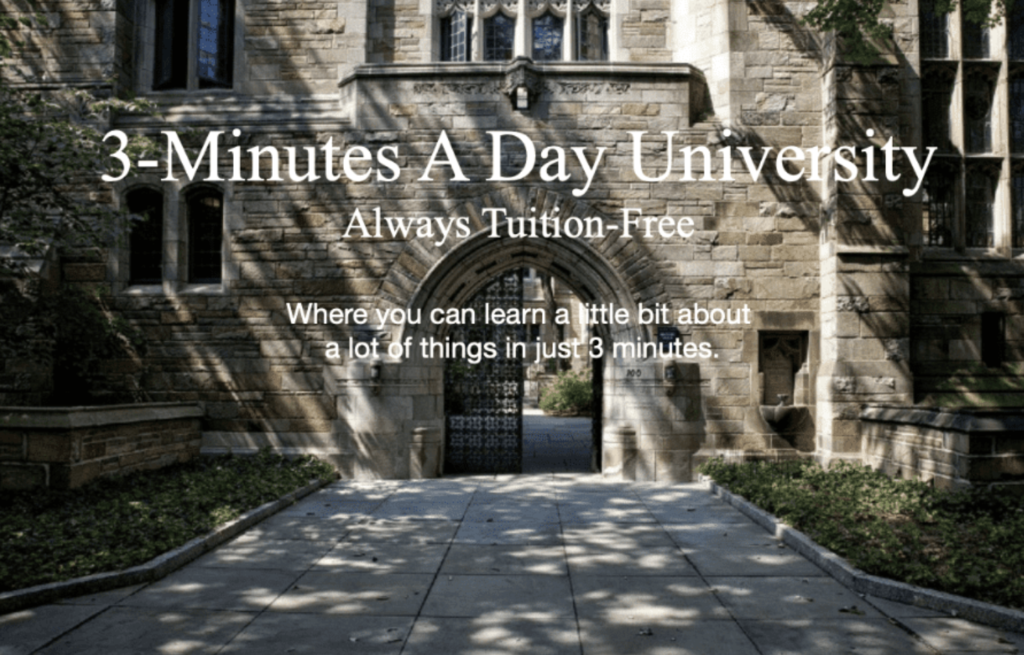
Welcome to 3-Minutes A Day University, where you can learn a little about a lot of things every day in three minutes or less. We help you expand your knowledge and understanding of the real world, and 3-MAD University is tuition-free. Our wide-ranging syllabus includes a fascinating insight into topics including Health and Medicine, Science, Sports, Geography, History, Culinary Arts, Finance and the Economy, Music and Entertainment, and dozens more. You will impress yourself, your friends, and your family with how easy it is to learn facts and perspectives about the world around you. One topic you will never find covered is politics. We hope you enjoyed the previous three minutes. If you liked this post, please pass it along to a friend.
Was this email forwarded to you? Subscribe Here.
© Copyright 2024. 3-Minutes A Day University All Rights Reserved. Unsubscribe
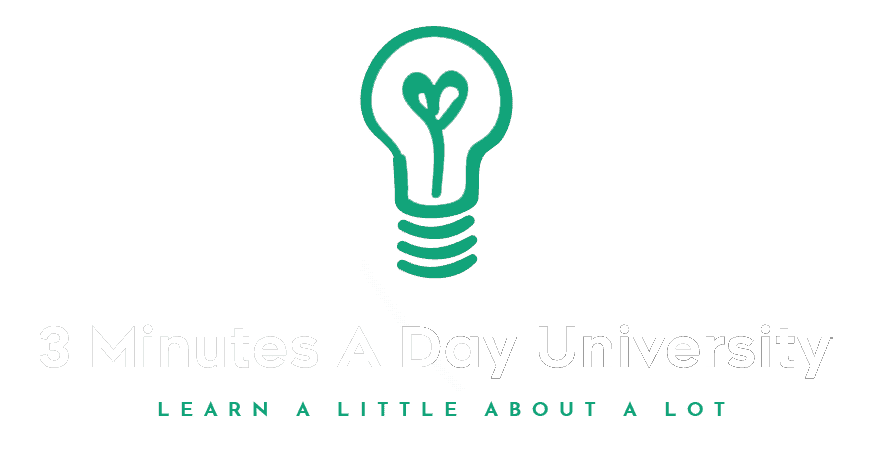

Pam Worrell
It’s so sad we are failing to provide these skills to our US children….even in later grades. No wonder we are way behind in education & in giving these skills to our young students .